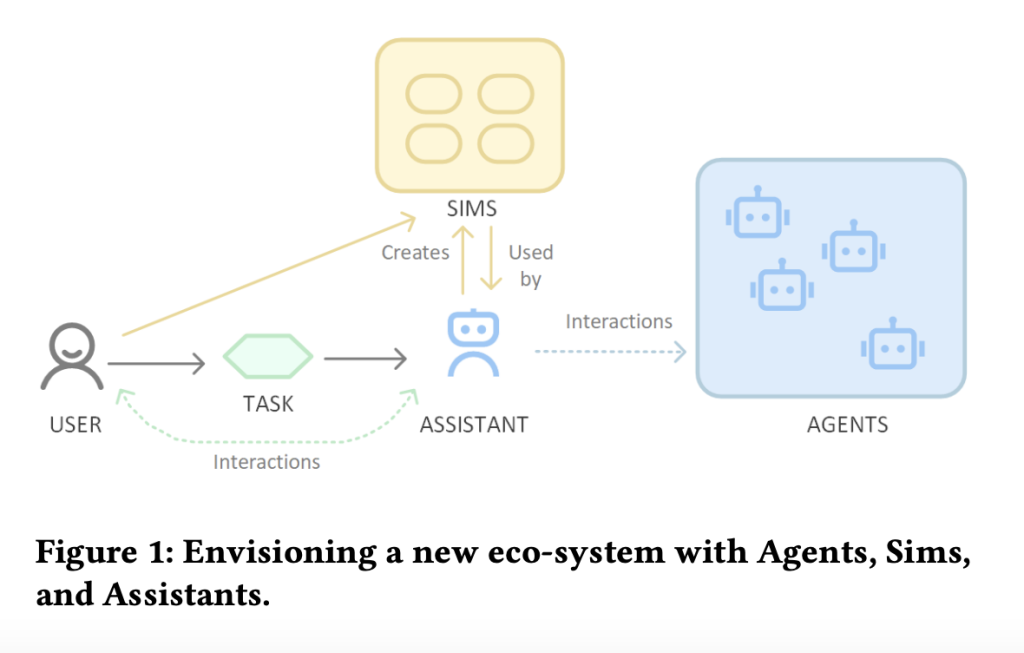

Artificial Intelligence (AI) is now an integral ingredient in automating tasks in various industries, gaining immense efficiency and better decision-making benefits. Autonomy in agents has developed the capability to work independently to achieve specific functionalities, such as controlling smart home appliances or managing data in complex systems. The idea behind these autonomy features is to save time while enhancing user productivity through minimal human intervention. However, the development and implementation of these systems constantly attract innovation due to their limitations.
The primary challenge with autonomous agent systems is their inability to generalize across diverse tasks and adapt to changing user needs. Many agents struggle with tasks outside their predefined scope, often lacking flexibility and scalability. Some other problems are privacy, trust, and ethical considerations, which are critical for deployment in sensitive real-world contexts. A multidisciplinary approach is needed to address these issues, balancing technical capabilities with user-centric design principles.
Agents developed historically rely upon methodologies like symbolic AI, reactive systems, and multi-agent frameworks. Symbolic AI with predetermined rules did well for some applications but failed with real-world complications. Reactive systems were great in immediate response activities but failed in long-term planning and adaptability. Multi-agent frameworks offered distributed problem-solving capabilities but still had challenges concerning coordination and communication, especially at large implementation scales. These limitations call for a paradigm shift in agent development.
Researchers at the University of Washington and Microsoft Research have introduced a new ecological system consisting of three connected entities: agents, Sims, and Assistants. An ecological system in this context signifies a new approach to the traditional role of agents, consisting of two aspects: Sims represent user preferences and behavior, whereas Assistants act as intermediaries between the agent and the user. This integration can enable personalization, adaptability, and trust through improved agent-based systems.
Advanced architectures that combine large and small language models are utilized in the proposed methodology. Such a hybrid architecture enhances the scalability of agents, reducing computational requirements by breaking down tasks into more manageable sub-tasks. Coordination mechanisms are advanced, involving decentralized control and negotiation protocols to allow agents to interact without hindrance. Reinforcement learning and transfer learning enhance adaptability, allowing agents to learn from prior experiences and apply knowledge to new tasks. Ethical design principles, such as transparency and fairness, ensure these systems’ safe and responsible operation. By integrating these elements, the researchers aim to overcome the traditional limitations of agent-based AI.
The performance of this ecosystem demonstrated significant improvements in managing complex tasks. For example, agents effectively handled multi-step operations with minimal user intervention, a key challenge in earlier frameworks. A salient outcome was the decrease in the user input required to perform a task by introducing Sims that communicated on behalf of the user. The system was also observed to have greater accuracy in completing tasks and making decisions, as there were observed efficiencies in the time it took to complete tasks compared to a standard approach. Specific numbers are not reported; however, the researchers point out the applicability of their system to real-world domains.
The work of the researchers clearly shows that a holistic ecosystem can be used to solve long-standing problems in agent-based AI. Combining agents with Sims and Assistants ensures the system addresses scalability, adaptability, and trustworthiness issues while guaranteeing privacy and ethical compliance. This novel framework opens the door for further adoption of autonomous systems in many contexts, illustrating the potential for AI to increase productivity and user satisfaction. The results indicate that this method may become a new benchmark for designing and deploying autonomous agents, thus leading to increased trust and utility in AI technologies.
Check out the Paper. All credit for this research goes to the researchers of this project. Also, don’t forget to follow us on Twitter and join our Telegram Channel and LinkedIn Group. Don’t Forget to join our 60k+ ML SubReddit.
 FREE UPCOMING AI WEBINAR (JAN 15, 2025): Boost LLM Accuracy with Synthetic Data and Evaluation Intelligence–Join this webinar to gain actionable insights into boosting LLM model performance and accuracy while safeguarding data privacy.
FREE UPCOMING AI WEBINAR (JAN 15, 2025): Boost LLM Accuracy with Synthetic Data and Evaluation Intelligence–Join this webinar to gain actionable insights into boosting LLM model performance and accuracy while safeguarding data privacy.
The post This AI Paper Proposes a Novel Ecosystem Integrating Agents, Sims, and Assistants for Scalable and User-Centric AI Applications appeared first on MarkTechPost.
Source: Read MoreÂ


